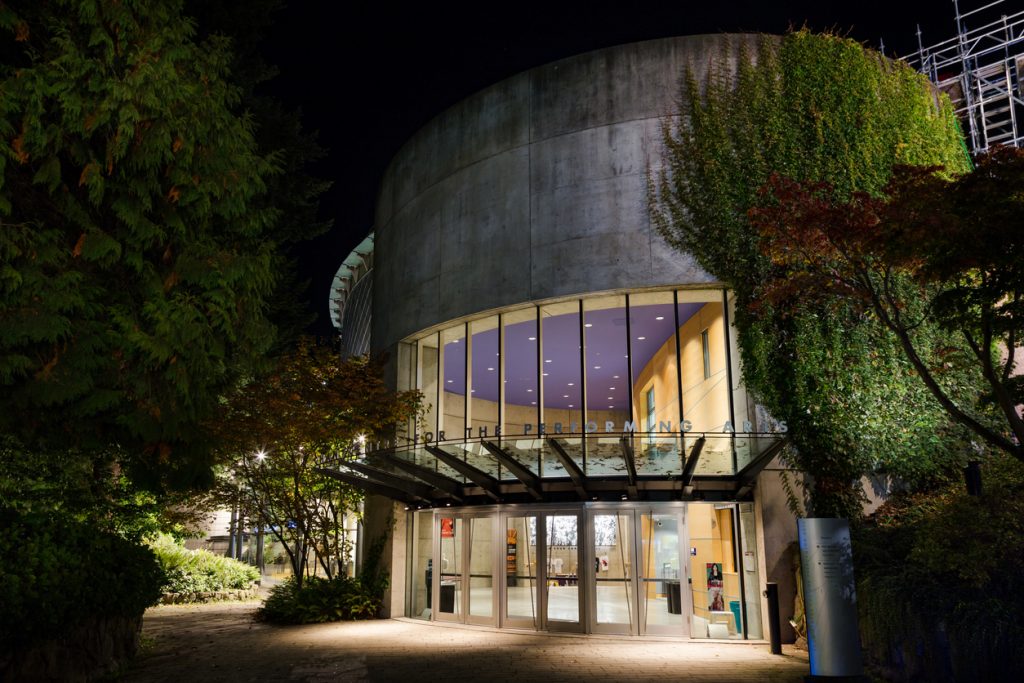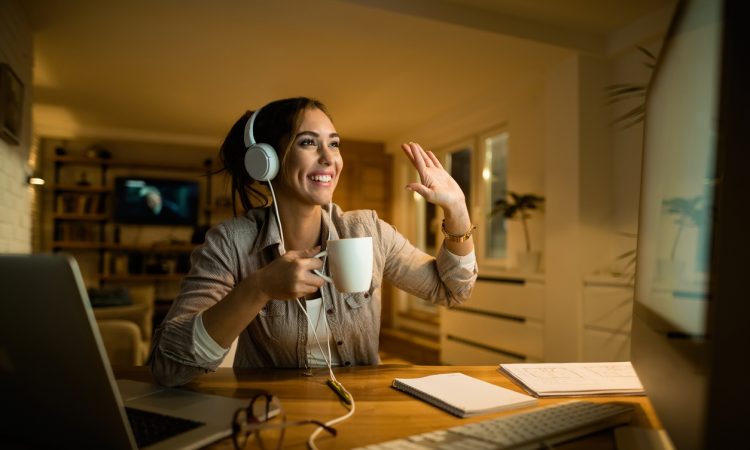In the hundreds of career conversations I’ve had with students and alumni, networking has emerged as a major challenge. As a first-generation university student, I can relate. Even if I had known about networking, I am not sure – as an introverted person and a minority student (Korean-Canadian) – that I would have been able to move out of my comfort zone. Yet, with hindsight, I can see all the ways that networking and relationships have impacted my career. This is why I am passionate about mentorship programs and how mentorship allows us to build more inclusive, equitable and accessible opportunities for undergraduate students.
For the past three years, two colleagues and I have been overseeing UBC’s Faculty of Land and Food Systems (LFS) mentorship program. This recent collaboration between three roles – student engagement, alumni UBC and career education – has been the first step to building a more inclusive and accessible program. From 2017-2020, we have increased student participation by 486% and mentor participation by 353%, while exceeding our team’s goal of providing 10% of LFS undergraduates with a mentoring opportunity.
I would like to share how the past year’s move to go completely online provided our team with an opportunity to test something different in order to address an existing challenge.
The challenge
The main challenge to the program of course was – surprise! – a global pandemic. In early May, we committed to taking the mentorship program fully online. This shift brought up two main questions: “How will we make the participants feel valued and included through an online format?” and “How will we keep participants engaged online throughout the entire year?”
The first question acknowledged how past participants enjoyed meeting each other in person and how the human interactions made them feel seen and heard. The second question addressed the typical pattern of decreased student engagement in term 2 (LFS Mentorship would see a drop in participation of 30%-35%).
There were a host of other logistical questions, but these two questions allowed us to ask how we would continue to build a more inclusive and accessible program.
How we responded
There were a variety of actions we took to address the challenges of moving completely online. We were fortunate that we had already tested out e-mentorship the previous two years, which gave us confidence that we could still create a different but effective experience.
We also had already digitized much of the program. We were using Qualtrics and Excel to sort mentors and mentees and had been using mail merges to share group selections. And finally, in 2019-2020, we had started using a learning management system (UBC uses Canvas) to share information and resources about the program. Having this digital infrastructure already in place was a large reason why were able to pivot quickly into an online format in a couple months.
Next, we started thinking about our community. We anticipated that our students and alumni would feel disconnected – from isolation at home to not being in the Vancouver area – and recognized that our mentorship program could help alleviate the disconnect. This led to our team guaranteeing any LFS student who applied a spot in the program. We were going to be truly inclusive, compared to previous years where we could not accept all student applications and had to painfully decide who couldn’t participate.

With that commitment to our students, we focused on increasing the number of mentors through direct outreach and asking for participants from the faculty at a summer town hall, which led to the participation of many staff (even our dean joined!). We also encouraged younger alumni to be mentors.
To respond to our guiding questions, we made participants feel valued by continuing to build on the program’s strength-based and asset-based approach. This year, we used Frei and Morriss’s inclusion dial to explicitly ask all participants how would they contribute to building an inclusive community – from responsiveness to advocating for themselves and others when they are overloaded with school and work. We were clear about the time commitment through the year, requiring fewer career activities and providing easy access to resources and information though our online course on Canvas.
To address engagement, we changed up the format, moving away from meeting one mentor over the entire year. Instead, for term 2, students conducted informational interviews with two different mentors (out of a list submitted by students of their six preferred mentors), increasing their opportunities for connection.
The outcome
Moving fully online allowed us to increase the diversity of connections and bring more people into the program.
- Accessibility: We were able to accommodate every LFS student that applied. The increased ratio of students to mentors led to our largest student participation ever – 305 students.
- Diversity: We were able to get 118 mentors from 11 different countries from a wider range of industries, as we were no longer limited by distance.
- Inclusion: We saw increased engagement rates for term 2 (approx. a 16% drop compared to 30% in previous years). Both mentors and students appreciated the flexibility of the online format.
Our team saw the strongest survey results in all aspects of the program involving career competencies and outlook in their career development compared to the previous two years. Over 97% of mentors and 100% students surveyed said they would recommend the LFS Mentorship Program to their LFS peers.
Moving forward
Despite our success, we experienced some challenges. A main one was scheduling and accountability, with 400+ participants involved. Striking the balance of how much support and training to provide to mentors and mentees will continue to be an ongoing issue. But the global pandemic forced our team to reimagine our program outside of what we thought was possible.
Seeing what has been done in different programs – including the UBC mentorship table, the University of Calgary’s Buddy Program and Gustavson School of Business (UVIC) Business Career Centre’s pitch activity – inspired our team. Ultimately, if we want our mentorship programs to be more diverse, inclusive and equitable, this can be achieved from learning and exchanging ideas with different mentorship programs across Canada. As practitioners, by adopting a mentorship mindset, collectively we can build better mentorship programs for our students. I am happy and ready to include anyone interested in having this conversation, so we can all hear more stories of how our students felt included.




